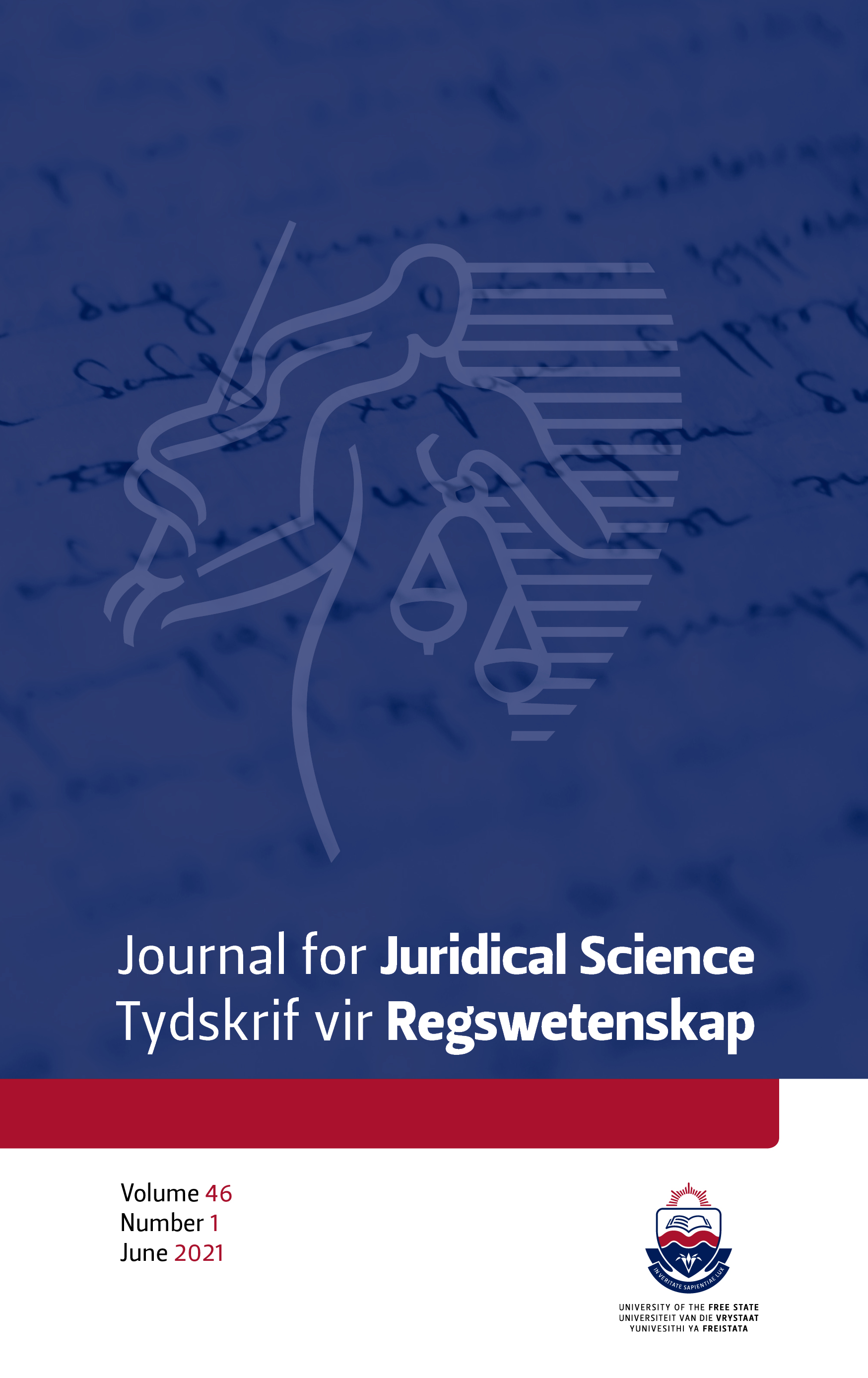Prioritising socio-economic rights in sovereign debt governance: The obligations of private creditors
DOI:
https://doi.org/10.18820/24150517/JJS46.i1.3Abstract
Over the past few decades, sovereign debt crises have become recurring phenomena across the world. Studies have shown the devastating impacts of these crises on the realisation of socio-economic rights. Sovereign debtors constantly face an “obligatory dilemma” of simultaneously satisfying multiple contractual and treaty obligations owed to different constituencies, including to their citizens and private creditors. Unfortunately, there is currently no binding legal framework to deal with sovereign debt crises and, consequently, creditors are unwilling to compromise. Therefore, using Waldron’s theory of socio-economic rights, this article argues for the prioritisation of socio-economic rights considerations during debt crises. It observes a convergence between the areas of business and human rights and sovereign debt restructuring regimes and suggests the employment of the former to achieve this prioritisation. This can be done by taking advantage of the efforts to develop a binding instrument on business and human rights.
Downloads
##submission.downloads##
Published
Issue
Section
License
Copyright (c) 2021 Author(s)

This work is licensed under a Creative Commons Attribution 4.0 International License.




